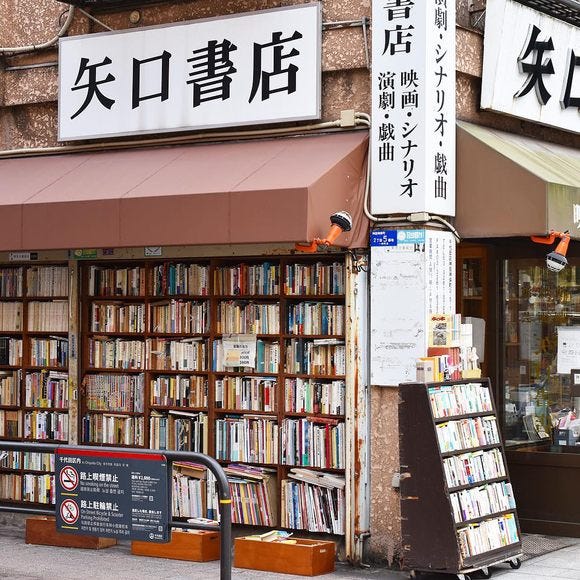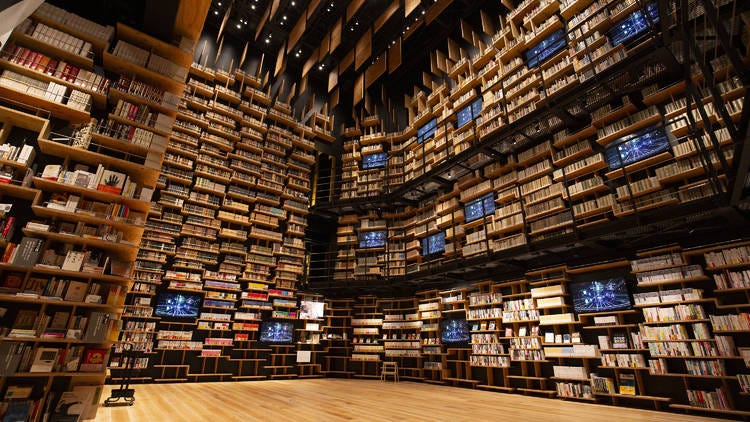Japanese literature boasts a rich tradition, and exploring works by Japanese authors offers readers a unique journey into a diverse cultural landscape. From classic masterpieces to contemporary gems, Japanese literature reflects the nation's history, societal nuances, and profound philosophical insights.
One compelling reason to delve into Japanese literature is the distinctive narrative style and depth of storytelling. Authors like Haruki Murakami seamlessly blend the ordinary with the surreal, creating a literary experience that transcends conventional boundaries. Murakami's works, such as Norwegian Wood and Kafka on the Shore, offer readers a chance to navigate complex emotions and philosophical musings.
Japanese literature provides a window into the nation's historical and cultural evolution. The timeless works of Yukio Mishima, like The Temple of the Golden Pavilion and Confessions of a Mask, confront societal norms and identity. These pieces offer profound reflections on post-war Japan, exploring themes of alienation and the clash between tradition and modernity.
Contemporary voices like Banana Yoshimoto bring a fresh perspective to the global literary scene. Works such as Kitchen and The Lake capture the essence of human relationships, blending emotional depth with a touch of magical realism. Yoshimoto's writing transcends cultural boundaries, resonating with readers worldwide.
Reading Japanese authors also allows for an exploration of diverse genres, from Murakami's magical realism to the crime novels of Higashino Keigo. The detective fiction of Higashino, particularly in works like The Devotion of Suspect X, showcases the intricacies of Japanese crime-solving while offering insights into societal values and morality.
In essence, embracing Japanese literature broadens one's literary horizons, providing a nuanced understanding of the country's culture, history, and societal fabric. Whether it's the introspective narratives of Murakami or the thought-provoking works of Mishima, each author contributes a unique voice to the global literary conversation. So, why read Japanese authors? For the sheer pleasure of discovering a world of storytelling that captivates, challenges, and expands the boundaries of imagination.







and then there's the exquisite simplicity of Japanese poetic forms:
tanka. haiku. zuihitsu. magic.
Love that you mentioned Higashino Keigo and Japanese crime. I love Fuminori Nakamura and Natsuo Kirino in particular. Last year I read A True Novel too, which was pretty extraordinary.